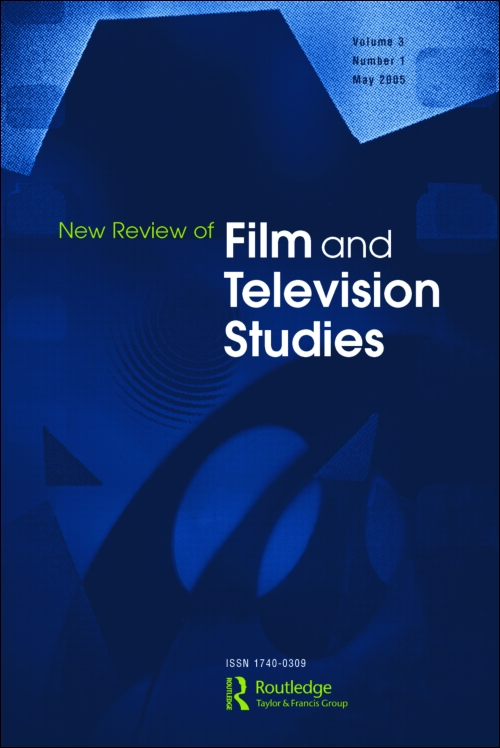 I’m happy to announce online access to an article I’ve published in the New Review of Film and Television Studies (Taylor & Francis). The piece is called: Transmitting culture transnationally: the characterisation of parents in the police procedural.
I’m happy to announce online access to an article I’ve published in the New Review of Film and Television Studies (Taylor & Francis). The piece is called: Transmitting culture transnationally: the characterisation of parents in the police procedural.
It was fun to research and write and I want to send big thanks to my editors Paolo Russo and Lindsay Steenberg, both Senior Lecturers in Film Studies at Oxford Brookes University, for inviting me to contribute and for all the assistance as I researched and wrote the article.
When Paolo (who I met at a Screenwriting Research Network conference at the University of Wisconsin, Madison a few years ago) told me they were collecting pieces about how police procedurals transmit culture, I teasingly said, “Advances in modern forensic science have rendered the procedures on television police procedurals repetitive across the globe”. Well, maybe not in those exact words at that first utterance – but I basically said all cop shows seem so similar, nothing sets them apart anymore — and then, in the wonderful way brainstorming works, I thought that the only characters who keep close to the culture of the country in which the show is created are the parents because they aren’t confined to scientific procedures/they are ruled by emotions. So the article deals discusses parents on cop shows such as Cagney and Lacey (from the U.S.), Inspector Montalbano (from Italy), and Murdoch Mysteries (from Canada) among others.
Abstract
Advances in modern forensic science have rendered the procedures on police procedurals repetitive across the globe, yet television writers continue to transmit their cultures transnationally via the way these popular television detectives interact with their on screen parents. Case studies will include Inspector Morse (UK, 1987–2000), Il Commissario Montalbano/Inspector Montalbano (Italy, 1999–2015), and Murdoch Mysteries (Canada, 2008–present) with some attention paid to female police officers in US dramas Cagney & Lacey (1981–1988) and Southland (2009–2013). A close reading of the relationship between parents and adult children in these programmes shows parent characters serve many purposes. They expand our knowledge of the main character by helping us understand their moulding, their mentality and their motivations; they provide universal themes; they also offer a chance for stunt casting – a combination that helps transmit the culture of the country of origin to international viewers.
